
TV station owners, beset by threats to ad revenue and pay-TV distribution fees, will soon “take more aggressive action” in Washington in an effort to relax station ownership caps locally and nationally, according to one Wall Street analyst. New Street Research’s Blair Levin, a former FCC chief of staff, said recent regulatory and enforcement actions taken by the FCC will likely prompt TV station owners to take on rules that stand in the away of consolidation.
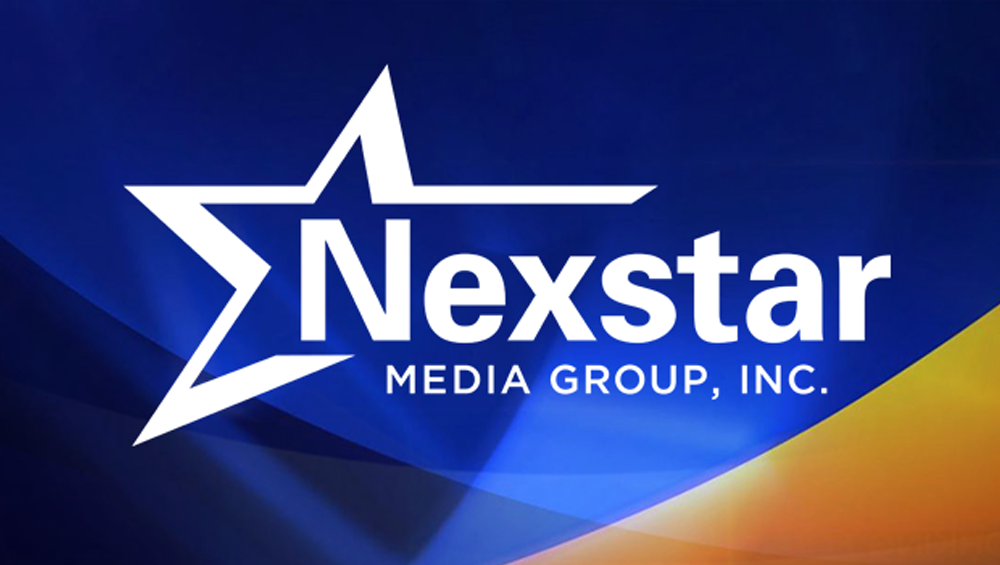
The largest TV station group in the U.S. is suing in an effort to alter current federal rules that limit its ability to grow in local markets. Nexstar Media Group filed the action in the U.S. Court of Appeals for the Fifth Circuit, faulting the FCC for freezing or tightening TV station ownership rules in disregard of controlling law that points to deregulation as competition to broadcasting takes hold. “The [FCC’s] order exceeds the [FCC’s] statutory authority because it tightens media ownership rules in spite of the statute’s clear deregulatory purpose and the lack of basis for such tightening,” Nexstar said in its Feb. 23 petition for review.
Broadcast M&A Prospects Chilly In ’24

The FCC’s recent Top Four Duopoly rule decision, the agency’s kibosh of the Standard General-Tegna deal and private equity’s uncertainty about bellying back up to the bar all point toward a 2024 that will be relatively short on TV station mergers and acquisitions.
The FCC Vs. The News In Your Neighborhood
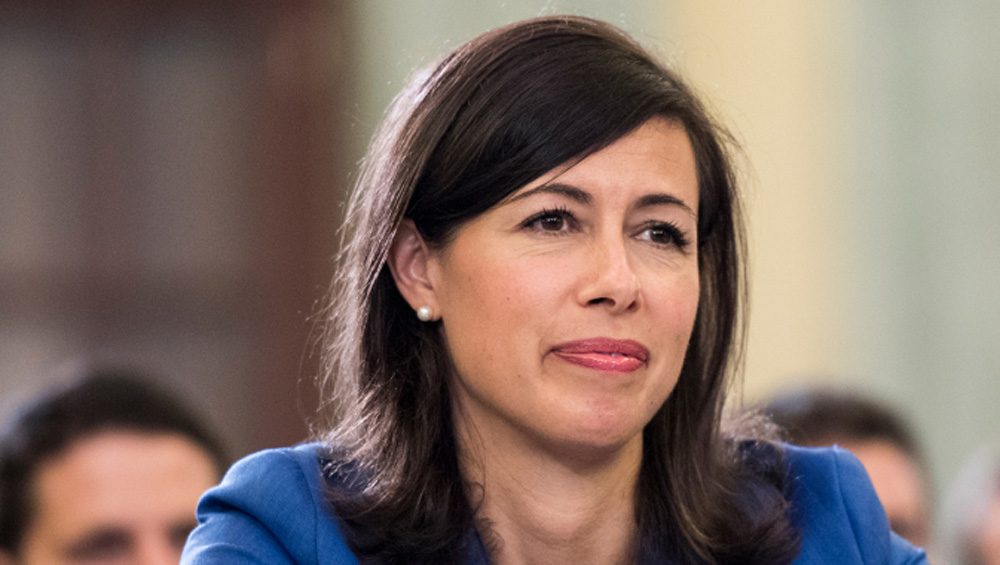
Holman W. Jenkins Jr.: Local broadcasting might have a future if the agency’s ownership rules would get out of the way.
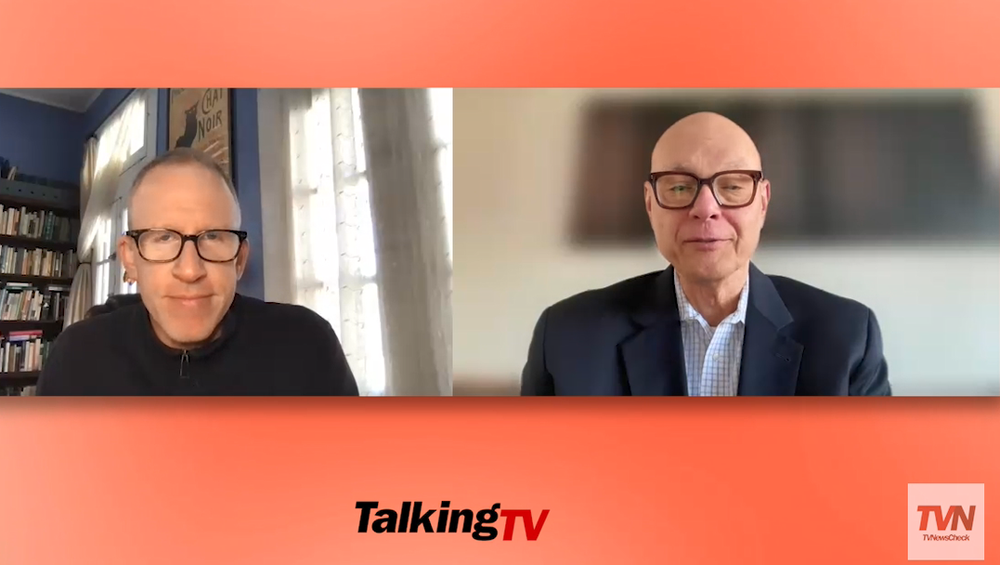
RTDNA President-CEO Dan Shelley says TV news’ credibility is on the line in this election year as never before, and he has some advice on how stations can recapture viewers’ trust. A full transcript of the conversation is included.
Hey FCC, It’s Not The 1960s Anymore

The FCC has held tight to anachronistic structural regulations, dealing a massive blow to broadcasters in dire need of regulatory relief. Localism will be one of the casualties.

TV station owners just got bopped on the beak by the FCC regarding local TV station ownership limits. Could another bloody nose be on the way? It’s possible. That’s the view of prominent broadcast attorney David Oxenford, a partner at Wilkinson Barker Knauer in Washington. In a Jan. 2 blog, Oxenford said the Democratic-controlled FCC could take a look at the so-called UHF Discount, which is an FCC rule that allows a single TV station owner to serve more than 39% of TV households nationally. The FCC did not take up the UHF Discount or the 39% statutory cap set by Congress during its most recent quadrennial review of its broadcast ownership rules. “With a fifth commissioner now on the FCC, the UHF Discount could again be considered, particularly if there is a proposed acquisition that places the issue before the FCC by relying on the discount to comply with the ownership rules,” Oxenford said.
FCC Gives Broadcasters A Lump Of Coal For The New Year

Entrenched in the past, the commission has held firm — and even tightened — its deeply out-of-date regulations, dealing a deep blow to broadcasters.
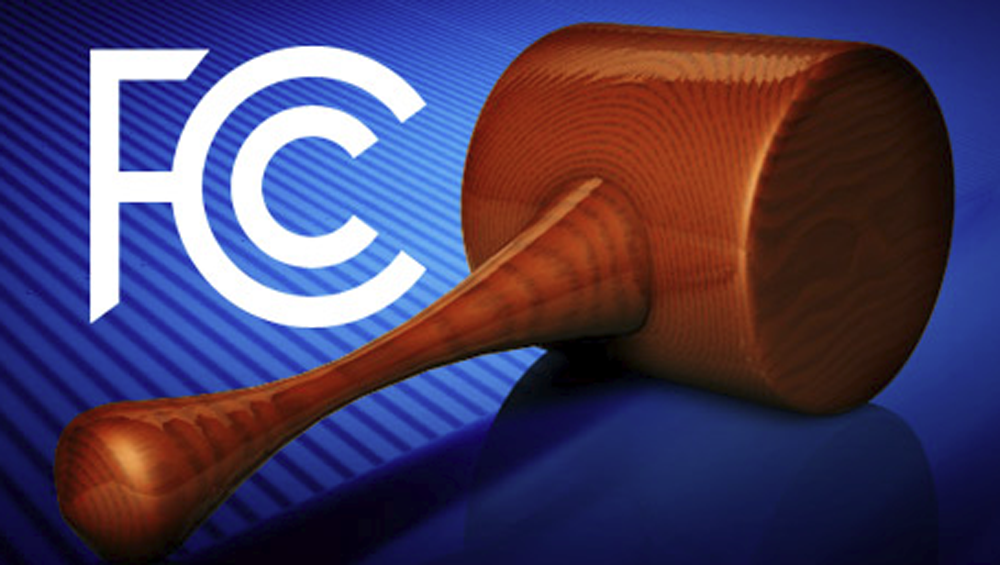
Ted Hearn: “Did the FCC just say that Nexstar and Amazon do not compete in the video programming marketplace? Didn’t Amazon Prime announce today that it will begin showing ads on TV shows and movies starting on Jan. 29? Financial pressure on TV station owners isn’t new, but it isn’t going away, either. But that didn’t seem to bother the FCC. The FCC’s new rulebook is long and complex, technical and tedious – which means a full understanding of the new rules won’t surface until the agency reviews proposed transactions or issues enforcement rulings against a TV station that pushed the limits.”

After weeks of intense lobbying, the Federal Communications Commission has reportedly adopted new media ownership rules, and it appears TV station owners have been dealt a setback. The news came in a post on the X microblogging site by a reporter for Communications Daily, an industry newsletter that follows FCC activity closely. “The FCC has approved the 2018 Quad Review order 3-2. I’m told the order still extends top 4 prohibition to LPTV and multicast streams, only change is language highlighting the waiver process,” Monty Tayloe wrote on Friday.

Ahead of next Wednesday’s fast-approaching deadline, broadcasting and pay TV industry representatives are using the limited time left to pitch the FCC on their preferred substance of potentially new media ownership rules. Broadcasters are urging the FCC to loosen some current rules and allow for more TV station ownership consolidation at the local level. Meanwhile, cable and satellite TV companies think current rules have loopholes that need to be closed to reduce the number of signal blackouts and moderate their payments to stations for carriage.
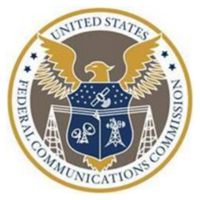
It’s not just TV stations that want deregulation from the FCC. So do radio stations. Facing stiff competition from Amazon, Facebook, and Google for ad dollars, radio broadcasters Connoisseur Media and Mid-West Family Broadcasting are saying the FCC needs “to relax the current local radio ownership rules particularly for companies like theirs, that already provide significant local service, and would increase such service if allowed to own more stations in their markets.”
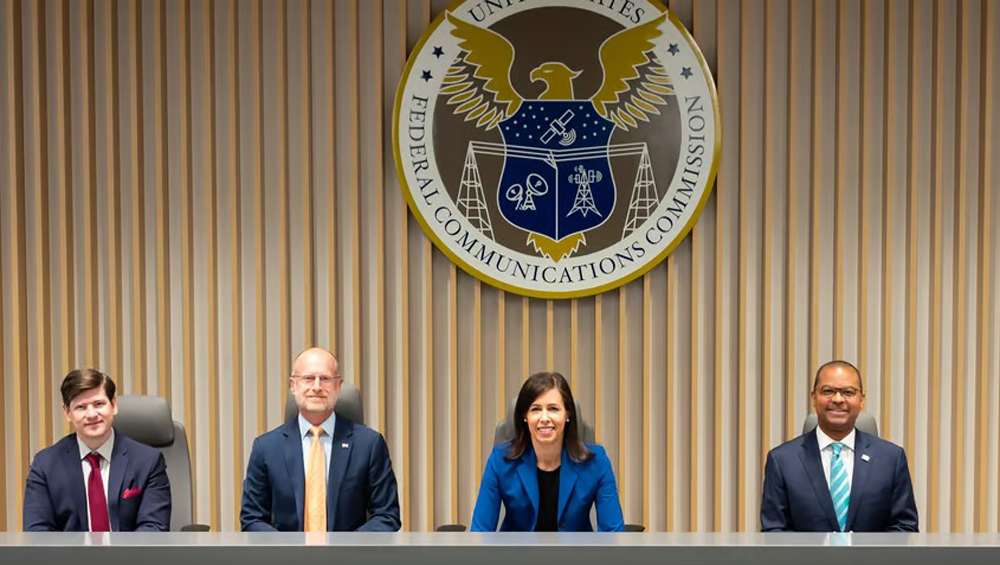
TV station owners have their fingers crossed as they await a big regulatory decision out of the FCC. Agency action is expected within days based on a court order requiring an FCC decision by Dec. 27. Before the agency is a proposal to tighten a key TV station ownership regulation. A negative outcome for broadcasters could upend established business practices that support their market value. Even if the FCC exempts existing TV station deals otherwise disallowed under the new rules, many broadcasters fear that even an accommodation like that could hurt their ability to exit the business at a healthy price.

The National Association of Broadcasters continues to press for TV station ownership deregulation, saying a federal rule that bars the common ownership of some of the most successful TV stations in a market needs to go. NAB lawyers made their latest appeal for a market-driven ownership approach in a Nov. 30 meeting with an aide to FCC Chair Jessica Rosenworcel. A federal appeals court has ordered the FCC to finish its TV station ownership review by Dec. 27.

The FCC has 90 days to finish its review of the rules governing how many broadcast stations a company can own, a federal court said in a ruling on Friday (Sept. 29). The agency is required to review the laws every four years to see if they continue to serve the public interest. It kicked off the review in 2019, but a series of legal entanglements delayed the actual start of the process. After further stalling this year, the National Association of Broadcasters filed a petition with the D.C. Circuit Court of Appeals in April to get the process moving.

The American Television Alliance says the purchase would give operational control of the Detroit MyNetworkTV affiliate to Nexstar, in violation of federal ownership rules.

A deal for Forum Communications Company to acquire Fox affiliates KVRR Fargo, N.D., and KQDS Duluth, Minn., has come undone. The deal failed to materialize as both Forum Communications and Red River Broadcasting awaited what is called a “Big Four waiver request” from the FCC. The waiver would have allowed Forum to acquire a second “Big Four” network affiliate in the Fargo market.
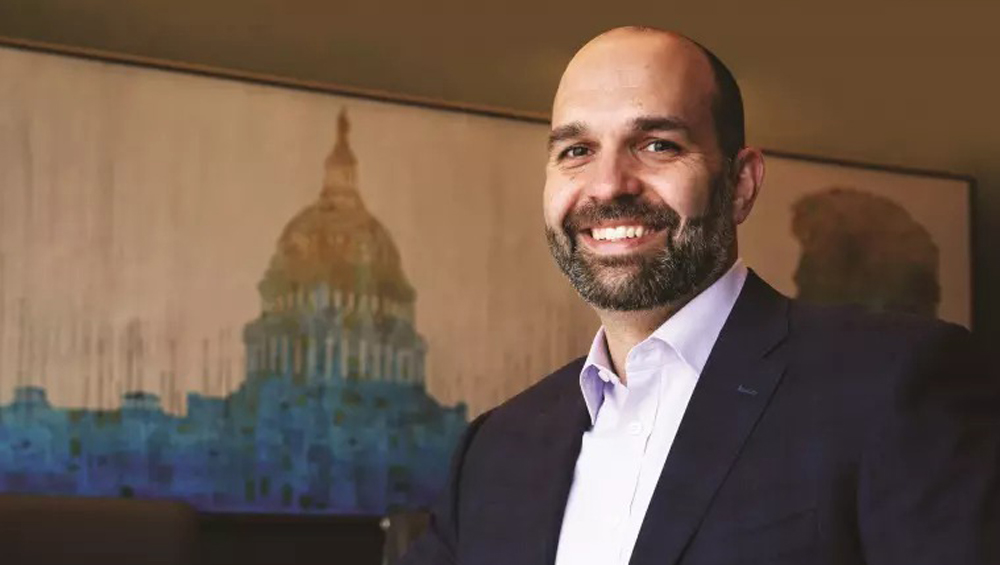
The FCC should conclude its long-overdue, congressionally mandated quadrennial review of whether its media ownership regulations are necessary in the public interest, NAB CEO Curtis LeGeyt told FCC Chairwoman Jessica Rosenworcel earlier this month, according to an FCC filing. A politically tied FCC is unlikely to approve reregulation of broadcasters and so far there has been no movement on a Senate confirmation vote on Gigi Sohn, the Democratic nominee who would break that tie.
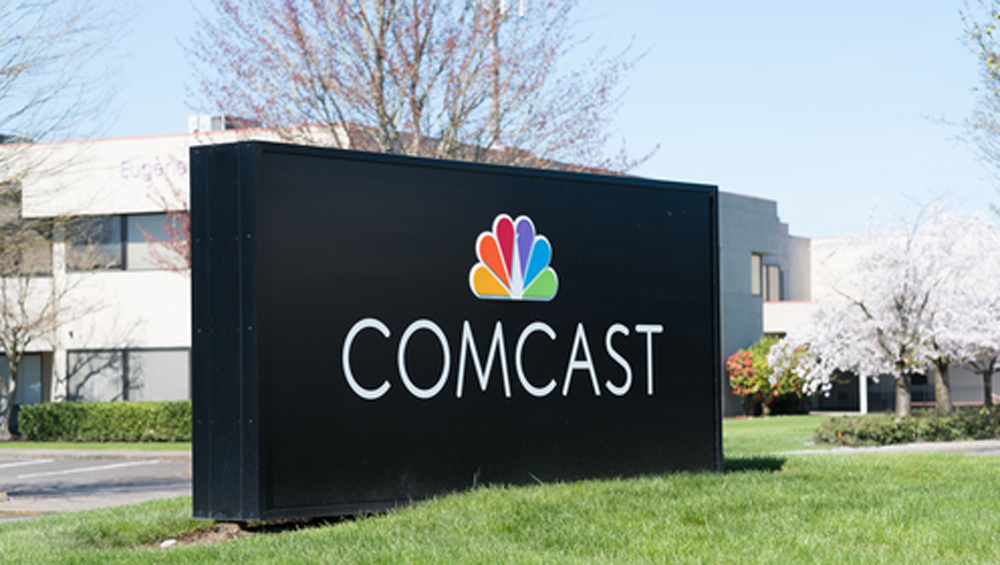
It’s been four months since Comcast filed its FCC petition asking the agency to look at whether Nexstar is in violation of the 39% broadcast audience cap, and so far, it’s been crickets.
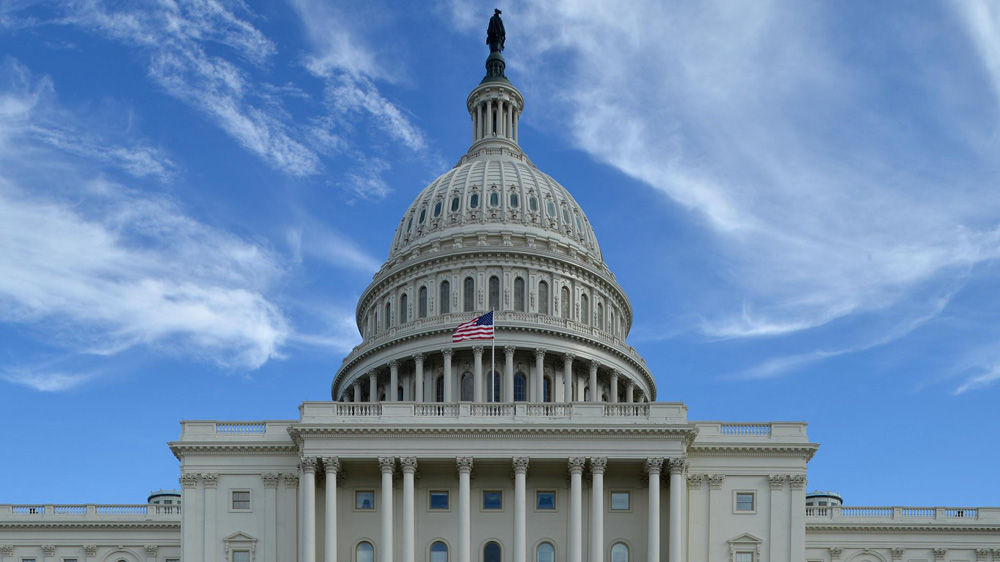
In a move that is a big blow to some big tech companies, Congress has voted to ban new equipment licenses for Chinese telecoms Huawei, ZTE and any other technology company the government concludes poses a national security threat, closing what one of the bill’s sponsors called a “dangerous loophole.”

In a first for an acquisition of a network affiliation, the FCC says Gray Television has “willfully and repeatedly” violated the commission’s prohibition on owning two of the top-four rated full-power TV stations in a market. The FCC has proposed a half-million-dollar fine. The commission said that the proposed fine stemmed from its acquisition of the CBS affiliation of KTVA — which went dark — when it already owned NBC affiliate KTUU, both in Anchorage, Alaska.
TVN Executive Session | NPG Still In The Hunt For More Stations
Mike Meara, president of News Press & Gazette Broadcasting, says the family-owned company has no plans to get swallowed up in the industry’s consolidation trend and is very interested in picking up more stations itself. Note: This story is available to TVNewsCheck Premium members only. If you would like to upgrade your free TVNewsCheck membership to Premium now, you can visit your Member Home Page, available when you log in at the very top right corner of the site or in the Stay Connected Box that appears in the right column of virtually every page on the site. If you don’t see Member Home, you will need to click Log In or Subscribe.
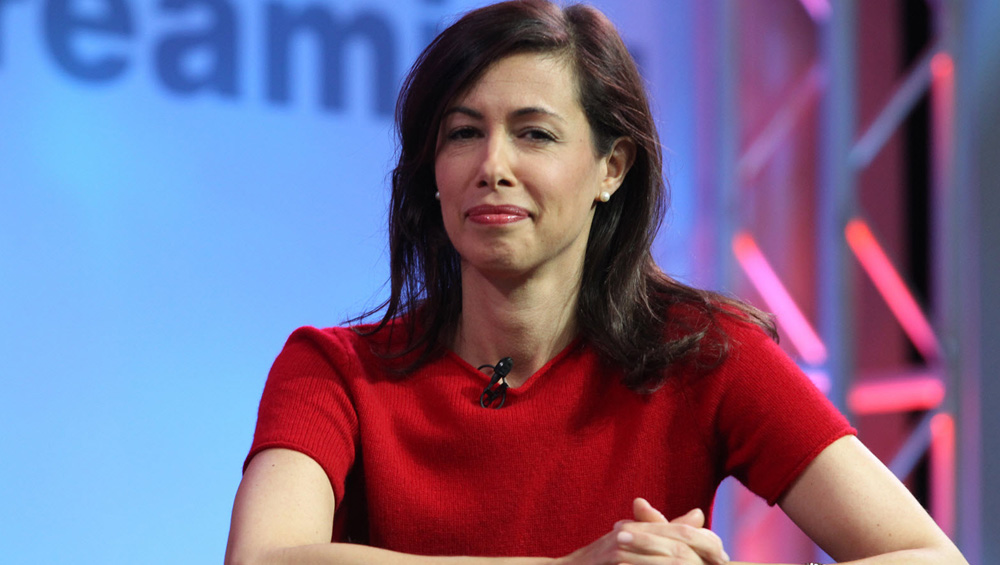
Republicans are basking in the U.S. Supreme Court’s decision upholding a GOP rollback of media ownership restrictions — but now it’s the Democrats’ turn to put their stamp on the policy. The FCC must review its media ownership rules every four years. The latest review, begun in 2018, languished while the legal challenge to the Republican policy was pending. The high court’s decision in FCC v. Prometheus Radio Project frees the now Democratic-led FCC to jumpstart its review process. Both Democratic members have publicly backed more stringent rules that promote minority and women ownership.
High Court Decision Ends Crossownership Bans
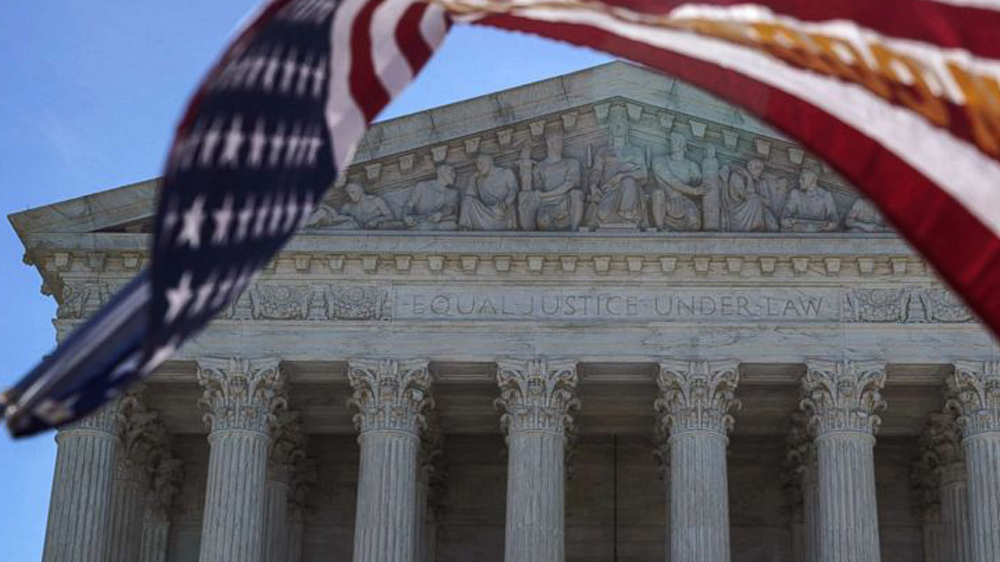
The United States Supreme Court yesterday released its decision upholding the FCC’s 2017 changes to its ownership rules in the FCC v. Prometheus Radio Project case. The practical result of this decision is that the newspaper-broadcast crossownership prohibition will end. We certainly do not think that any future FCC would try to reinstate the crossownership ban given the current state of the newspaper industry. Also abolished in 2017 and now formally ended are the radio-television crossownership restrictions.

Few rules in the Code of Federal Regulations have as tortured a history as 47 CFR § 73.3555 — the broadcast multiple ownership rules. The subject of court decisions too numerous to count, a brief review of FCC decisions revising (or deciding not to revise) these rules reveals a twisted mass of logic and rationales where parties fiercely argue even as to the very reason for their existence. Today, the Supreme Court released a unanimous decision reversing the Third Circuit’s ruling involving three ownership rules, noting simply that the FCC’s approach had been reasonable, and the fact that it made its decision based on the record before it rather than the record the Third Circuit wished for, was just the way government must function.

In a big victory for broadcasters, the Supreme Court has reversed the Third Circuit’s decision throwing out the FCC’s broadcast deregulation under former FCC Chairman Ajit Pai. Current acting chairwoman Jessica Rosenworcel had voted against the deregulatory move.
TVN Executive Session | NAB Prioritizes Antitrust Exemption, Relaxed Ownership Rules

NAB President Gordon Smith says the organization is shifting into offense with the new Democrat-led FCC, pairing with newspaper publishers for an antitrust exemption in dealing with Big Tech along with pressing for a relaxation of antiquated TV ownership rules. Note: This story is available to TVNewsCheck Premium members only. If you would like to upgrade your free TVNewsCheck membership to Premium now, you can visit your Member Home Page, available when you log in at the very top right corner of the site or in the Stay Connected Box that appears in the right column of virtually every page on the site. If you don’t see Member Home, you will need to click Log In or Subscribe.
FCC, Follow Your Own Economists’ Advice

A recent study published by two FCC economists shows the agency’s local ownership regulations depress the amount of local news programming that could otherwise be produced. The FCC could immediately promote more local news production just by relaxing its outmoded rules.

On the final full day of the presidency of Donald J. Trump, his administration urged the Supreme Court to allow media ownership rules to change despite some who believe the move would hurt female and minority ownership of broadcast outlets. A high court with three Trump appointees could grant such wish, although the forthcoming decision figures to be prelude to more battles ahead.
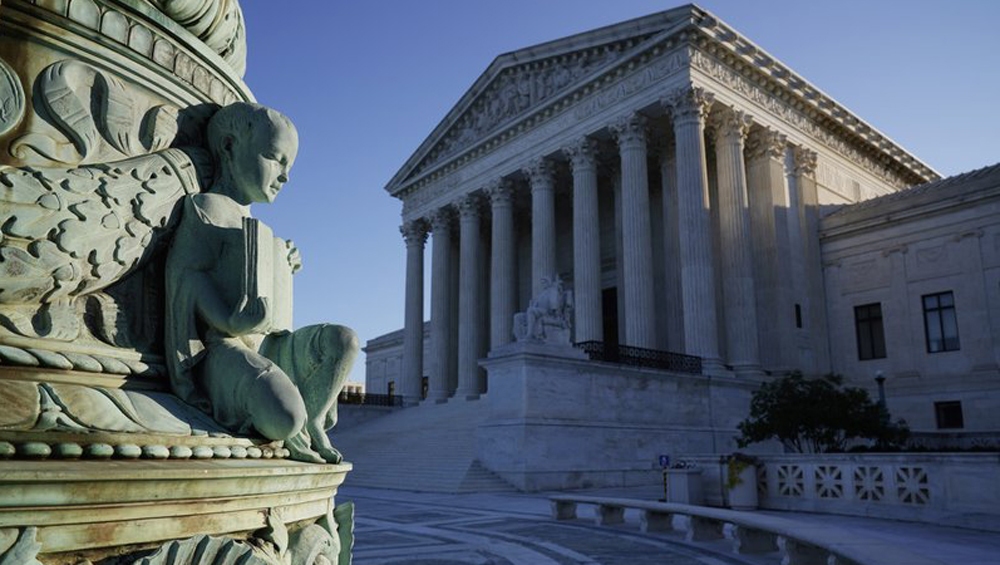
Turns out Jan. 19 will be an inauguration day of sorts — inaugurating the Supreme Court’s first consideration of an appeal of the FCC’s media ownership rule deregulation. It will be the fourth oral argument of the January session, with one hour of argument scheduled, though that could spill over depending on how the arguments and Justices’ questioning goes.

Gray’s brief argues that the FCC’s modernized rules should finally be allowed to take effect because the agency issued them in full compliance with its obligations under Section 202(h) of the Telecommunications Act of 1996.
The Price Point | The Supreme Court Offers Station Groups Hope. The FCC Could Give More

Broadcasters would welcome reformation of the outdated newspaper-TV crossownership rule, but the Supreme Court’s decision to hear an appeal of the Third Circuit decision doesn’t solve all the industry’s COVID-induced woes. The FCC still needs to eliminate the Top 4 rule and online video distributors need to be classified as MVPDs.
Gaming Out SCOTUS Media Ownership Review

As we reported last week, the United States Supreme Court has agreed to hear appeals by the FCC and the NAB of a decision by the U.S. Court of Appeals for the Third Circuit that overturned a 2017 decision by the FCC attempting to relax its media ownership rules. So, what does this actually mean for the FCC’s ownership rules and the broadcast industry? Not surprisingly based on the history of this proceeding, the answer is not entirely clear.

The country’s top court has taken up a major case about media ownership rules that will have a far-reaching impact on M&A and broadcast regulation.

The U.S. Supreme Court said on Friday it will take up a long-running legal dispute over whether the FCC can loosen U.S. media ownership rules. A lower court has thwarted the FCC’s efforts to revise the rules since 2003 in a series of decisions.

“The FCC’s anachronistic ownership rules place local broadcasters at a decided disadvantage against other competitors in the complex, fast-evolving, highly competitive video marketplace,” the Big 4 affiliate groups told the Supreme Court.

The Solicitor General of the United States, on behalf of the FCC, has asked the Supreme Court to review a U.S. Third Circuit Court of Appeals decision overturning most of its media ownership deregulation decision, hammering the circuit for what the FCC suggested was serial obstruction of what it had concluded was in the public interest.
Collins | Boosting Minority Ownership Hits Roadblock

Why have the FCC’s decade-long efforts to liberalize the broadcast ownership rules been stymied by two judges and will that continue?
FCC Reinstates 2016 Ownership Order

The FCC has reinstated its 2016 ownership rules, recognizing that the changes made in those rules in 2017 were no longer effective because the Third Circuit Court of Appeals had thrown out the 2017 decision. While the FCC may still try to appeal the Third Circuit decision to the Supreme Court, the Third Circuit’s mandate has issued, meaning that its order is effective even if a Supreme Court appeal is filed.

TV station owners are taking advantage of FCC rules to quietly take over small-town airwaves, but cable and satellite companies are crying foul to regulators. Broadcasters aren’t supposed to own more than one top-rated outlet in any market, but they are snapping up multiple stations anyway in small markets like Parkersburg, W.Va., and Greenville, Miss., as the broadcast TV market is challenged by changes in technology and advertising.











































